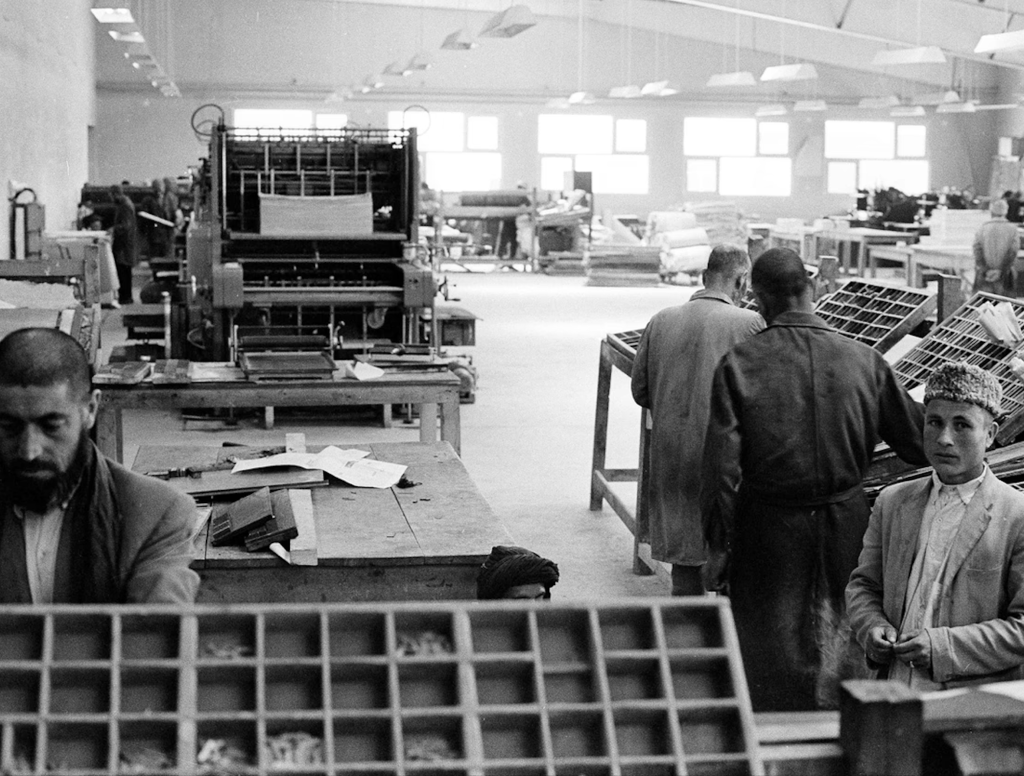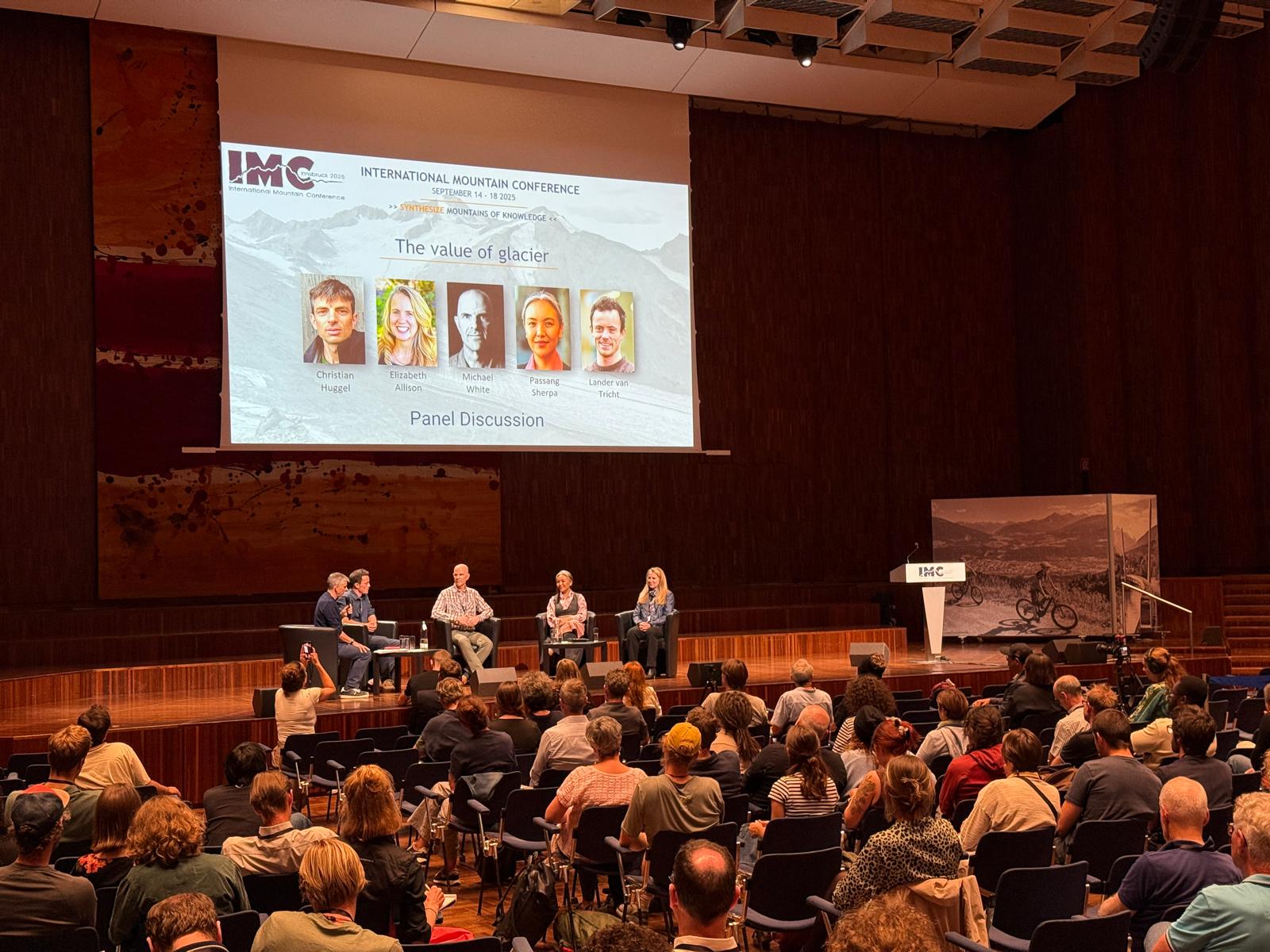

Dr. Naveena Naqvi is a historian of early colonial South Asia, with a particular interest in transformations in Persianate societies in the modern era. Dr. Naqvi completed her PhD in the Department of History at UCLA in 2018.
Today let’s learn about Dr. Naqvi’s upcoming course, ASIA 359 – Afghan History. In this Q&A, she answers what her Afghan history course is all about, who can take the course, its suitability for beginners, what drew her into the field, and the new skills students can gain from this course.
What’s your course about?
Afghan History – ASIA 359 traces the history of people historically identified as Afghans. This course foregrounds the generative cultural and social cohesiveness that Afghans forged across imperial and modern state boundaries, rather than viewing Afghan people as marginal and unenterprising figures at the frontiers of multiple empires or as the subjects of relentless warfare from the beginning of time.
Would someone unfamiliar with Afghan history still be able to take your course?
Yes! This course is the first of its kind to be offered at UBC and does not rely on pre-requisites. While we will be looking at a lot of primary source materials in class, these will all be in English. In essence, this course is designed to appeal to any and all students who want to learn about Afghans and their history.
Students in this class will be given the tools to disentangle Afghan experiences from the ubiquitous narrative of a failed state or “graveyard of empires” that has dominated news media since the various military occupations of Afghanistan from the 1970s.
What drew you into the field of Afghan history?
I was drawn into the field of Afghan history via my own study of Afghans in eighteenth-century India. I want to share with my students my own delight at how much of Afghan history unfolds across Eurasia, with particularly deep connections to the northern plains of the Indian subcontinent.
Some of the first histories of the Afghans as a people with their own historical traditions were produced there. These historical connections endured, well into the modern era, through print, music and trade as can be seen in Rabindranath Tagore’s Kabuliwala, a short story that we will read in class.
What are the new skills students can look forward to when taking your course?
I worked with colleagues at the Asian Studies Library and Koerner Library to secure digital subscriptions to some extraordinary databases of newspapers and print from the 1960s onwards.
In the second part of this course, we will learn what it is like to work with these materials to develop our own insights into Afghans’ forays into journalism, print and research in the twentieth century.


